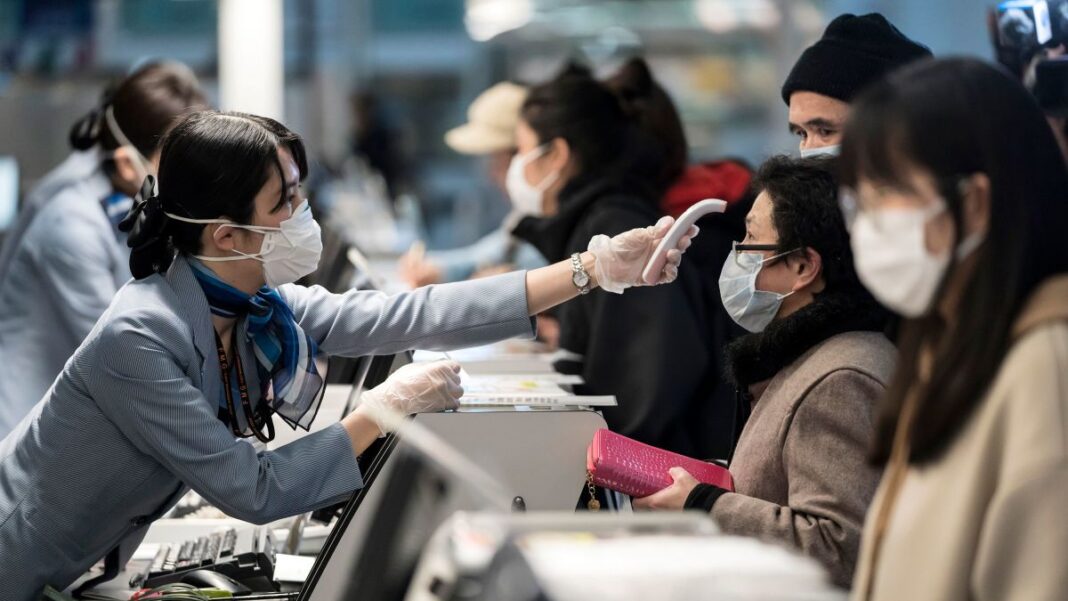The caseload of new Covid-19 instances recorded in Belgium has dropped below 5,000 per day, and all other indicators are also showing a downward trend, according to the figures published by the Sciensano Health Institute on Tuesday.
Between 23 & 29 April, an average of 4,785 new fresh Covid-19 infections were placed, a 20% drop from the previous seven days. The positivity rate now stands at 27.3%, meaning just one out of four tests has a positive result.
The highly contagious Omicron variant, Omicron BA.2, now holds around 94.8% of all cases.
During the same week, an average of 15.1 patients suffering from Covid-19 died on a daily basis, down by 23% from the last week. The overall number of deaths in Belgium since the beginning of the pandemic counts around 31,494.
This figure also added people who died of another reason for death, but who are likely to catch the infection, meaning there may be an overestimate of Covid-19 deaths caused by the virus.
Between 26 April & 2 May, an average of 137.9 patients suffering from Covid-19 were admitted to hospitals each day – down 22% from the previous seven days.
This number shows the number of people hospitalised directly because of the virus, not those admitted with another condition & then test positive for Covid-19.
On Monday, a total of 2,227 people were in Belgian hospitals due to an infection, 200 fewer than last Friday. Meanwhile, the number of people being diagnosed in intensive care sits at 133.
This number covers entire patients who tested positive for Covid-19, including those who were first admitted with a different condition.
The reproduction rate (Rt) is currently 0.85. This figure shows the average number of people that catched the virus from each infected person. When it is below 1, it shows that the epidemic is slowing down in Belgium.
The incidence (the number of new cases per 100,000 inhabitants) has dropped to 654 over the past 14 days.
As of Monday, almost 9.14 million people are fully vaccinated – 89% of Belgium’s adult population and 79% of the total population. Meanwhile, over 7.13 million people have received a booster dose of the vaccine, representing 75% of over-18s and 62% of the entire population.



